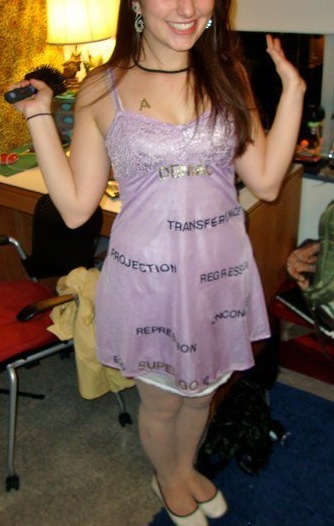
The ability to travel mentally through time sets humans apart from many other species, yet little is known about this core cognitive capacity. In particular, what shapes the passage of the mind’s journey through time? Guided by the viewpoint that higher cognitive activity can have a sensory-motor grounding, we explored the possibility that mental time travel is influenced by apparent movement through space.






